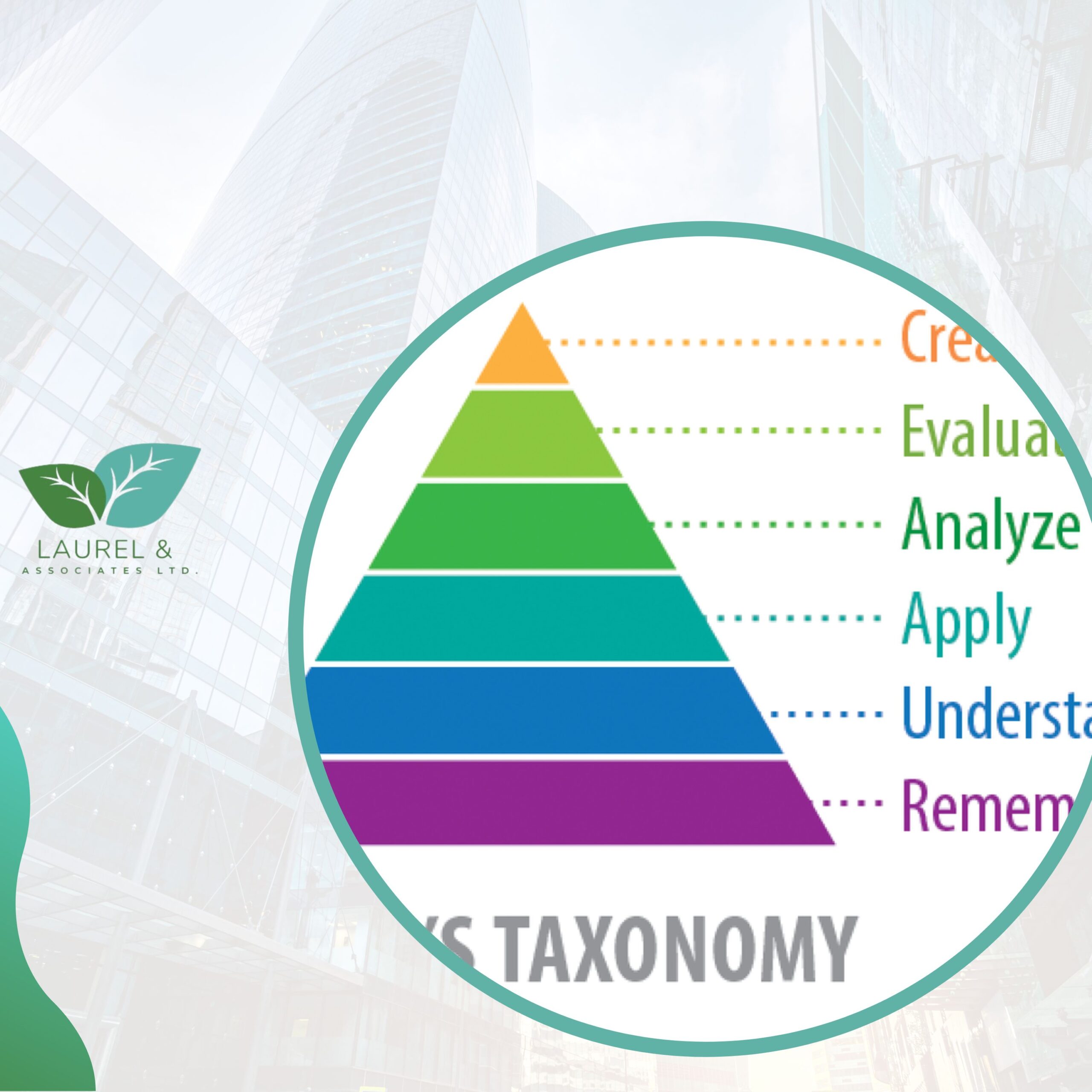
Tip #295: Lifelong Learning: School Audits
This Tip identifies the best practices I looked for in school audits of elementary, middle, and high schools. When I first thought about lifelong learning,

This Tip identifies the best practices I looked for in school audits of elementary, middle, and high schools. When I first thought about lifelong learning,

This Tip looks at a fee negotiation cautionary tale where I wasn’t upfront about my fee and wasn’t paid for my services. I hope that

This Tip discusses my experience and recommendations for improving energy education so it achieves energy conservation. My Experience in Energy Education Many people may not

This Tip looks at why we need to avoid too many inputs because research shows we can only focus on one thing at a time.

This week’s Tip will address the fourth challenge: How can we help SMEs learn how to select appropriate activities? Three Factors in Selecting a Learning

This Tip provides steps for helping SMEs value participatory activities over using lecture as their instructional method. Why SMEs Gravitate to Lecture Why do SMEs

This Tip presents my compromised titles of Bloom’s Taxonomy levels that I plan to use in my train the trainer programs. In case you were

This Tip compares the previous and the currrent levels of learning in Bloom’s Taxonomy Cognitive Educational Objectives. Previous Levels of Bloom’s Taxonomy In 1956, Benjamin

This Tip discusses the importance of having lesson plans for consistency and quality control, although they also enable flexibility. The Importance of Having Lesson Plans

This Tip debunks myths about table group size, because of difficulty hearing each other and an increased number of interpersonal connections. Debunking Myths about Table

There are prevalent and very persistent inaccurate myths about lecture- that it is the only practical training method to use with large groups. There are

This Tip looks at training best practices and content decisions that instructors make regarding lesson plan design and other content decisions. We have discussed that